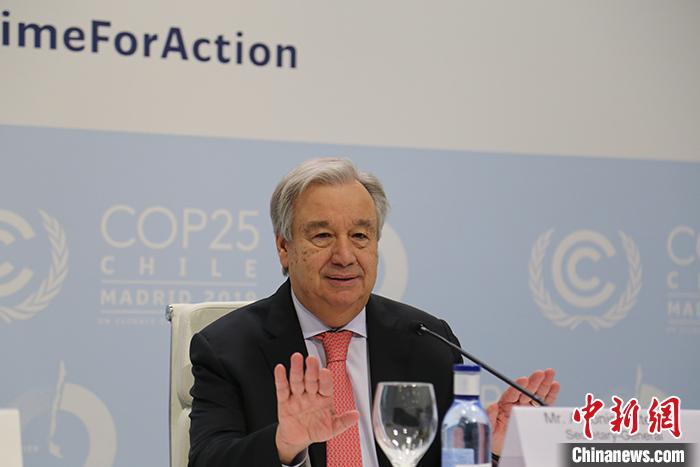China News Service, October 19, reported that after the new round of ceasefire agreement between Armenia and Azerbaijan took effect on the 18th, the two sides once again accused each other of violating the agreement and launched an attack.
On the same day, UN Secretary-General Guterres issued a statement calling on the two sides to respect the new round of ceasefire agreement and condemn all attacks on densely populated areas.
On October 15, local time, the conflict between Armenia and Azerbaijan continued in the Naka region. A hospital in the Martakert region was destroyed in the fighting.
Asia and Afghanistan accused each other of breaking the ceasefire
According to reports, Armenia and Azerbaijan reached a first-round ceasefire a week ago, but the ceasefire eventually broke down due to mutual accusations and continued fighting.
Before the new ceasefire agreement came into effect on the 18th, on the 17th local time, a missile hit a residential area in Ghanja, the second largest city in Azerbaijan, killing 13 people, including children, and becoming the most common cause to date. One of the deadly attacks.
The Ministry of Defense of Azerbaijan issued a statement on the 18th that at noon on the same day, a Su-25 fighter plane was shot down in an "attempt to airstrike the Azerbaijani army in the Jabulair region."
After the ceasefire agreement came into effect, the Asian army also attacked Godabel and other areas in Afghanistan.
In this regard, the Armenian Ministry of Defense stated that the Azerbaijani army violated the agreement and fired artillery shells and rockets in the early hours of the 18th after a few minutes after the new ceasefire agreement took effect.
Data map: UN Secretary General Guterres.
Photo by China News Agency reporter Xia Bin
Guterres: Attacks on densely populated areas are unacceptable
The report pointed out that in response to the ongoing conflict between Armenia and Azerbaijan in the Nagorno-Karabakh (Naka) region, UN Secretary-General Guterres issued a statement on the 18th stating that the two sides carried out indiscriminate attacks in densely populated areas. Is totally unacceptable.
Guterres said that the two countries continue to ignore the repeated calls of the international community for an immediate cessation of fighting, which he "deeply regrets."
During the most recent phone call with the foreign ministers of the two countries, he has once again emphasized that under humanitarian law, both parties are obliged to avoid and protect civilians and civilian facilities during military operations.
Guterres stated that he has taken note of the latest humanitarian ceasefire reached by the two sides and took effect on October 18. He hopes that both sides will "fully abide by the ceasefire commitments, and will immediately mediate with the co-chairs of the Minsk Group of the European Security Organization. Restart substantive negotiations."
The Naka region is located in southwestern Azerbaijan, and its residents are mostly Armenians.
After the disintegration of the Soviet Union, war broke out in Azerbaijan and Armenia over the ownership of the Naka region.
In 1994, the two sides reached an agreement on a comprehensive ceasefire, but the two countries have been in a state of hostility over the Naqqa issue, and armed conflicts have occurred from time to time.
On September 27, 2020, a new round of conflict broke out between the two countries in the Naqqa region. Both sides accused each other of violating the ceasefire agreement to launch a military offensive.

